Omega-3 fatty acids are known primarily for their benefits in managing heart disease conditions, such as myocardial infarction, and reducing inflammation, but in the past ten years researchers have studied them also in relation to depression and found some incredible links, regarding their neuroendocrine modulatory role.

Types of Omega 3
There are three mostly studied types of omega-3 fatty acids from which two support brain and mental health: eicosapentaenoic acid (EPA) and docosahexaenoic acid (DHA), both found in fish and fish oil. The third one is alpha-linolenic acid (ALA) mostly found in plant foods like flaxseeds, chia seeds and walnuts. This can be converted into EPA or DHA, but the process is highly ineficient in humans: less then 10% can be converted, making fish and the fish oil a better choice for an adequate intake of these longer chain omega-3 fatty acids.
Evidence: Myocardial Infarction to Depression
Studies suggest that both types of omega-3, EPA and DHA, are found in cell membranes, supporting efficient communication between brain cells, thus improving memory and alleviating depression.
A recent review of clinical studies concluded that taking fish oil supplements improved depressive symptoms in people with minor depression, postpartum depression and suicidal ideation with effects comparable to those of antidepressant medication, like Prozac. Additionally, people noticed greater effects when the fish oil supplement contained higher doses of EPA, of at least 1000mg. In countries were the consumption of fish is higher (2-3 times a week), there is a lower incidence of depression then in the rest of the world.
The benefits and mechanism of action of omega-3 fatty acids in other mental health disorders, such as bipolar disease are currently less understood.
Sources of Omega 3
The best sources of omega-3 EPA and DHA are found in herring, salmon, sardines, anchovies and other fatty fish. You could also opt for fish oil supplements, but make sure you mind the RDA recommendation which is currently 5000mg in Europe and 3000mg in the USA. Additionally, you should take extra precaution if you have a bleeding tendency or take birth control pills, as those could be aggravated at higher doses of omega-3.

Wrap Up
In conclusion, if you are predisposed or currently suffer from depression, you might want to increase your omega-3 intake first, as the condition might be manifesting due to a deficiency of these fatty acids.
At NutriFix, we highly recommend the Wild life and Spicy Korea meals; these were created to supplement your diet with the optimal amount of omega-3 fatty acids.


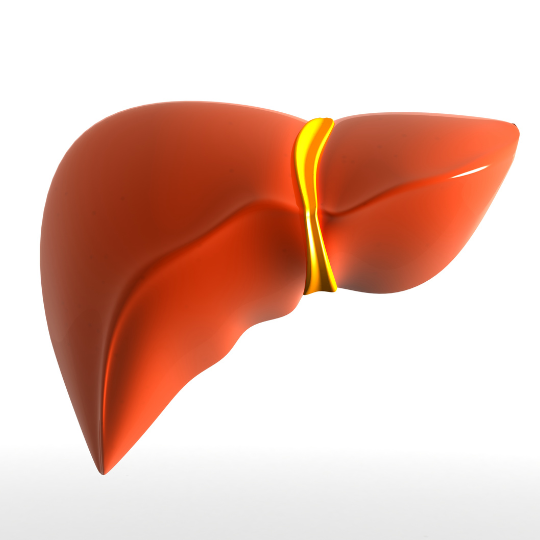



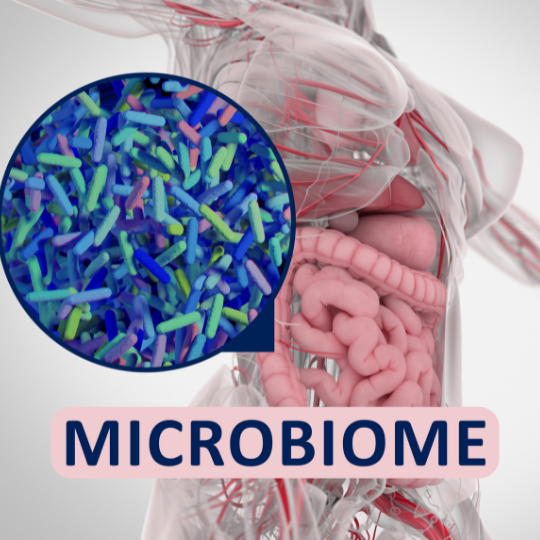
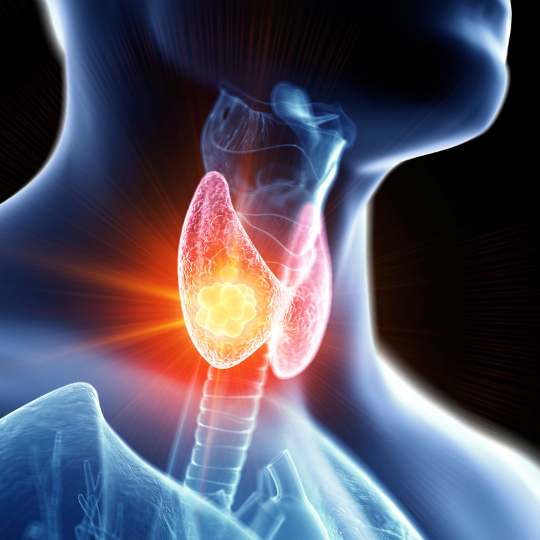


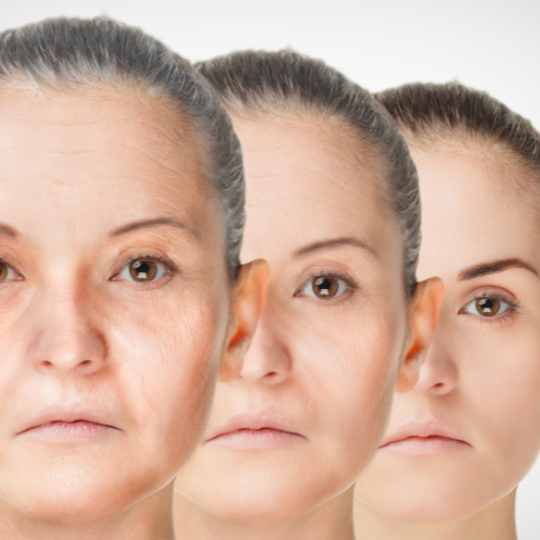


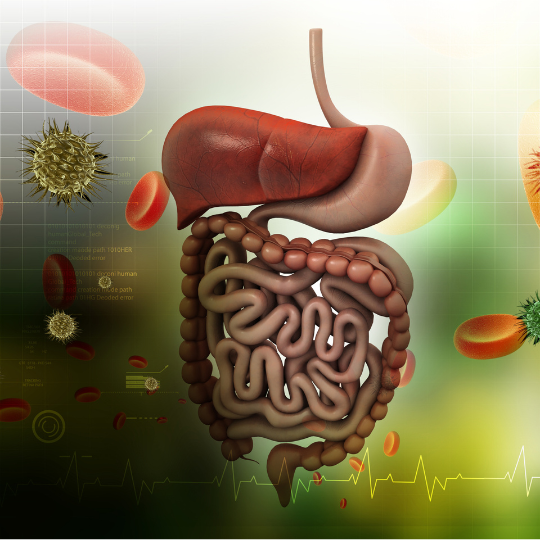
Great article!
Foarte interesant! Imi place faptul ca articolul se bazează pe ultimele cercetări in domeniu.
Comments are closed.